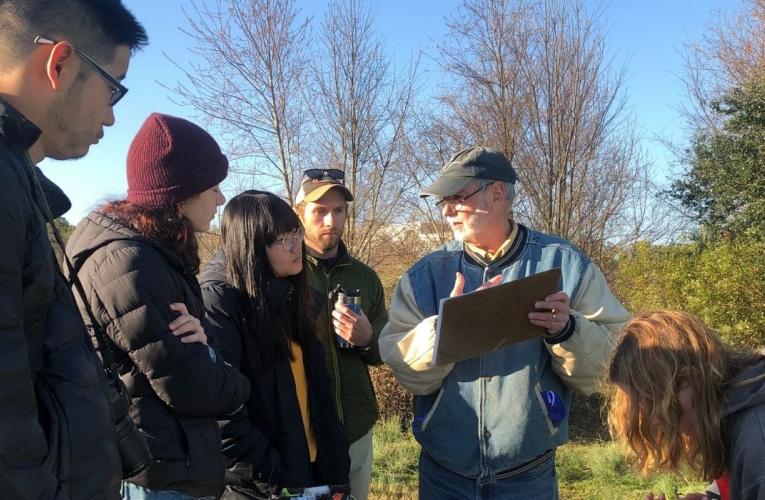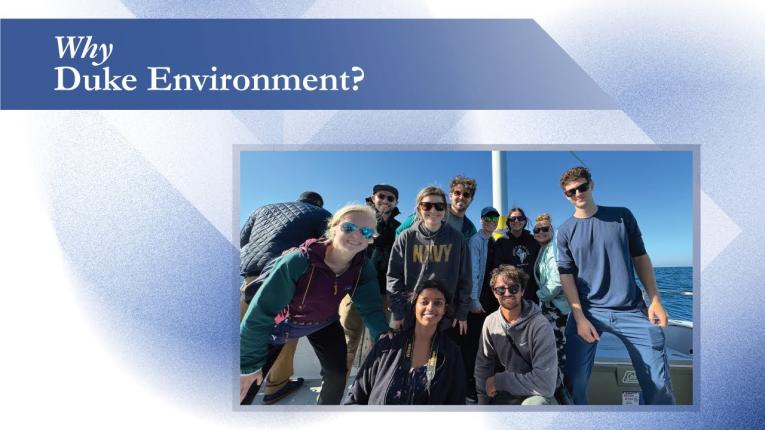Expand Your Expertise
Make the most of your MEM degree with a specialized certificate credential or a second degree.
CERTIFICATE PROGRAMS
Pursue a certificate in Geospatial Analysis or Climate Change Science and Applications to delve into a specific environmental area and develop real-world knowledge and skills to carry into the professional ranks.
CONCURRENT DEGREE PROGRAMS
Pursuing two master’s degrees from Duke, or from Duke and a partner institution, allows you to expand your career flexibility and increase your marketability. We offer paths to combine the MEM with our Master of Forestry (MF) degree, or a degree in law, business, public policy, city and regional planning, and more.
Be Part of Something Bigger
At Duke, you’ll find a customizable environmental degree that gives you the skills, knowledge and networks needed to tackle today’s toughest environmental challenges and succeed in a career that creates real change—all while engaging you in a community of caring and conscious people who share your commitment to being part of the solution.
I chose the Nicholas School because of its vast national and international network. Every organization I want to work for has Nicholas alumni."
–Max Bernal Temores, MEM'23
Careers of Consequence
The network of Nicholas School graduates stretches around the world and across all sectors, including corporations, startups, consulting firms, government agencies, research institutions, think tanks and non-profit organizations.
You don't have to wait until you graduate to start contributing to positive change in the world. As an MEM student at Duke, you'll find abundant opportunities for immediate application of your learning through your Master's Project (MP), as well as internships, co-curricular activities and student groups.
Ready to take the next step?
Connect with us at an upcoming event to meet our admissions team and gain in-depth information about our degree programs.
Visit the master's programs Admissions section to learn more about application requirements, find answers to frequently asked questions and start your application.
Come Change the World with Us
Related News
-
April 3, 2025
-
April 3, 2025





















